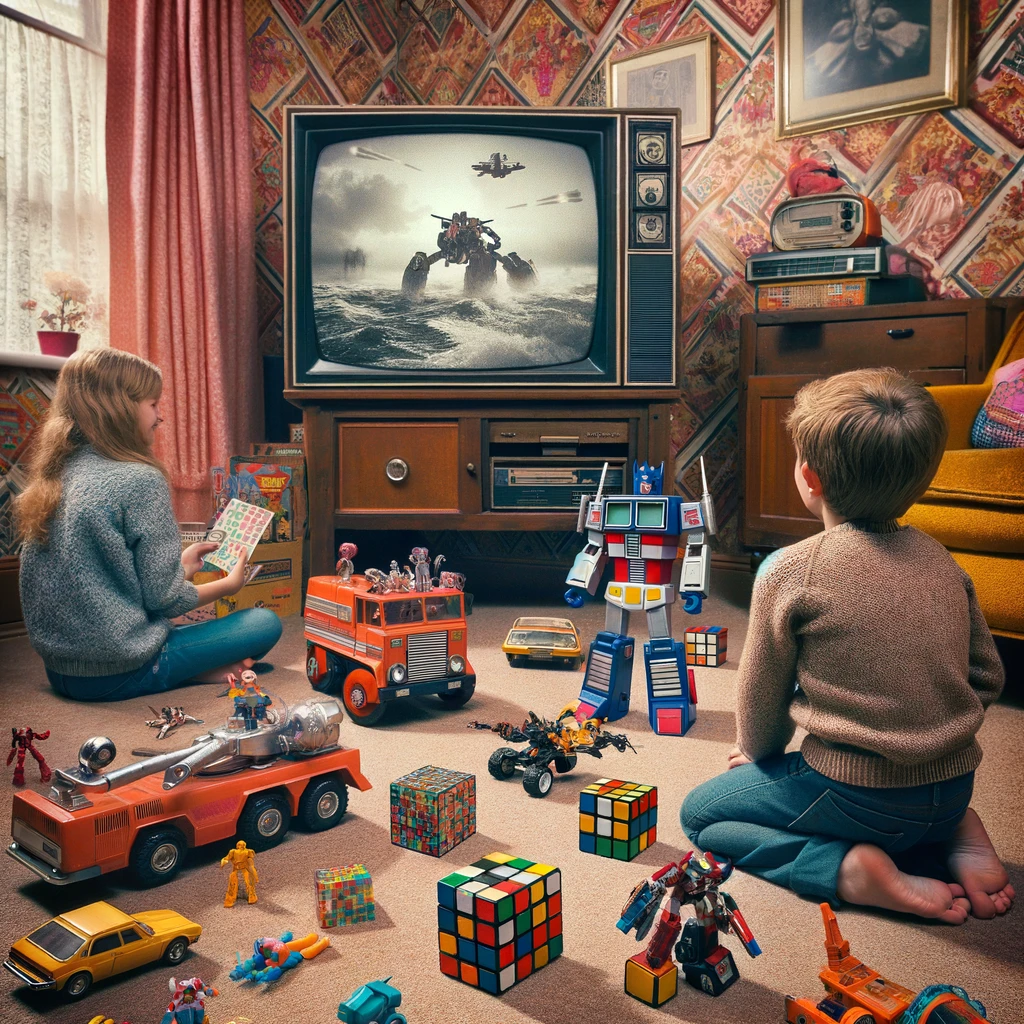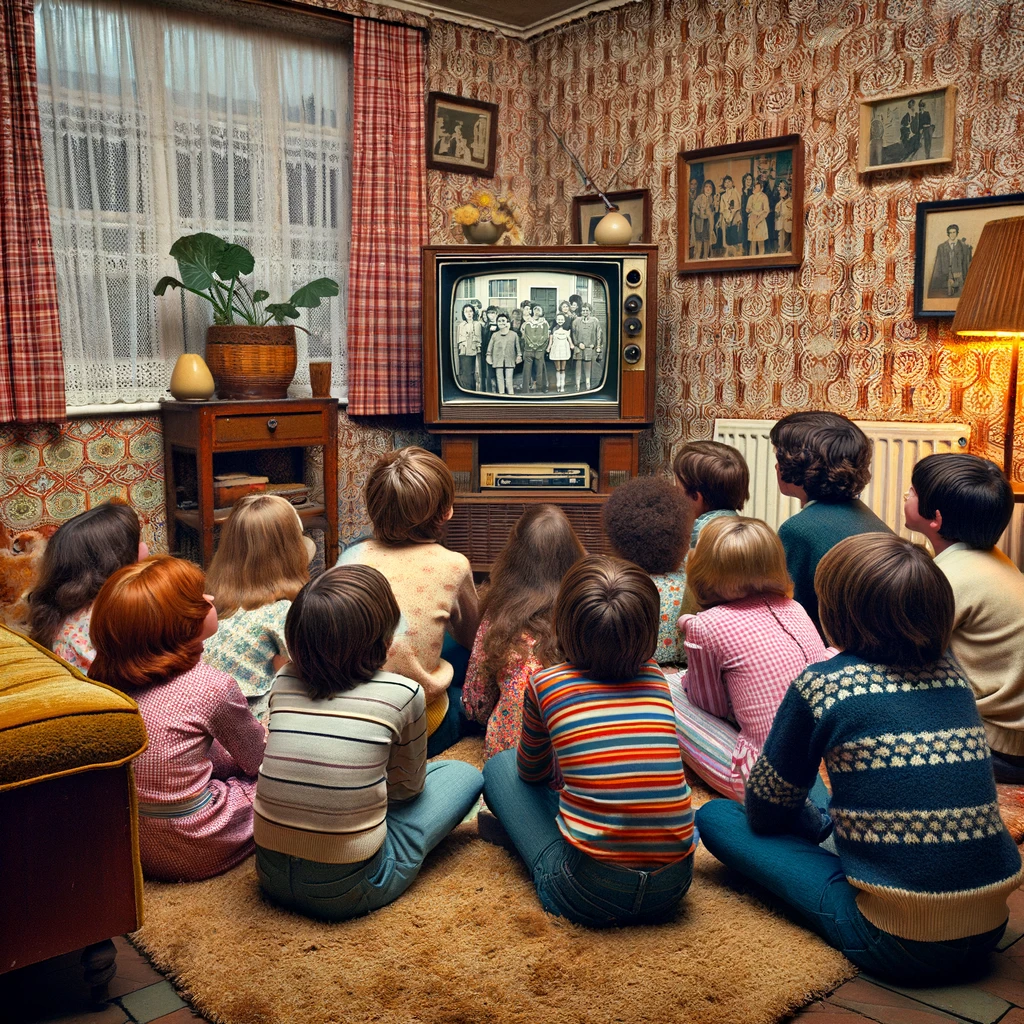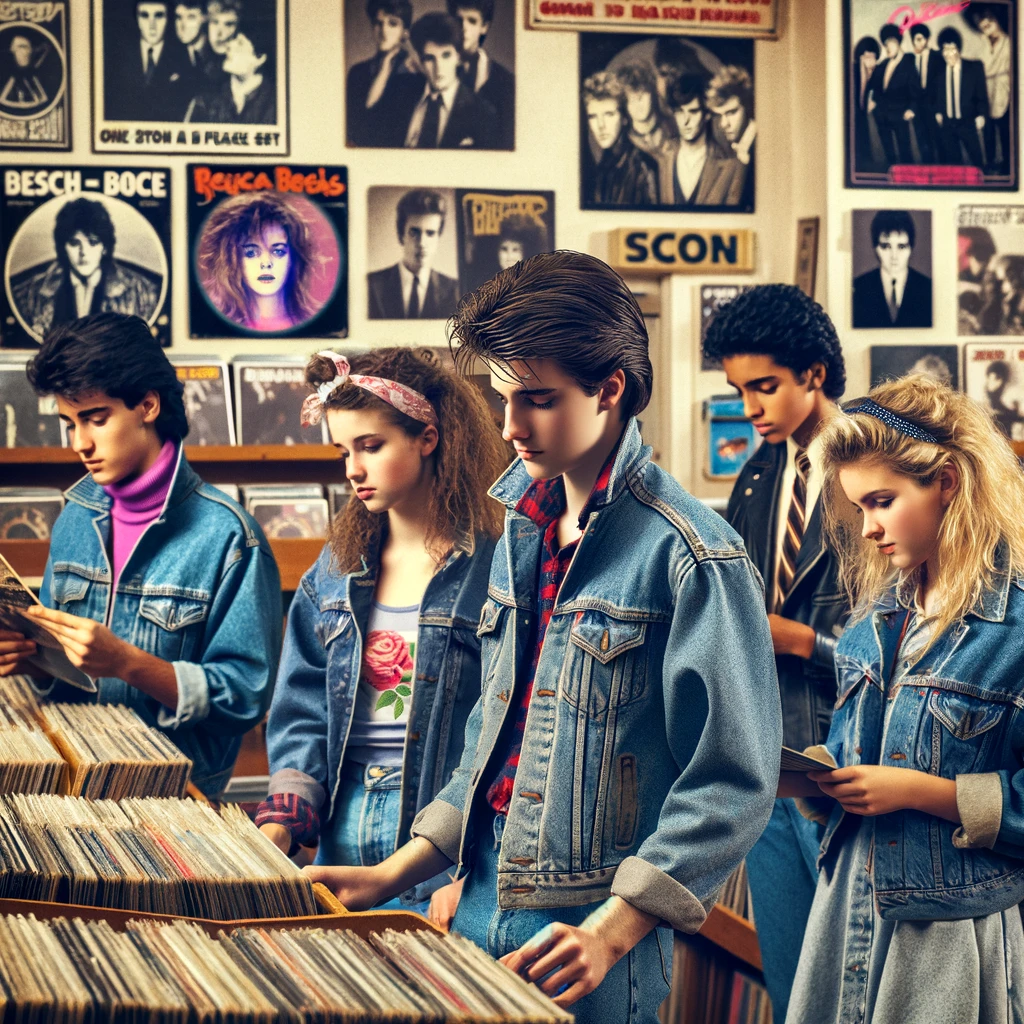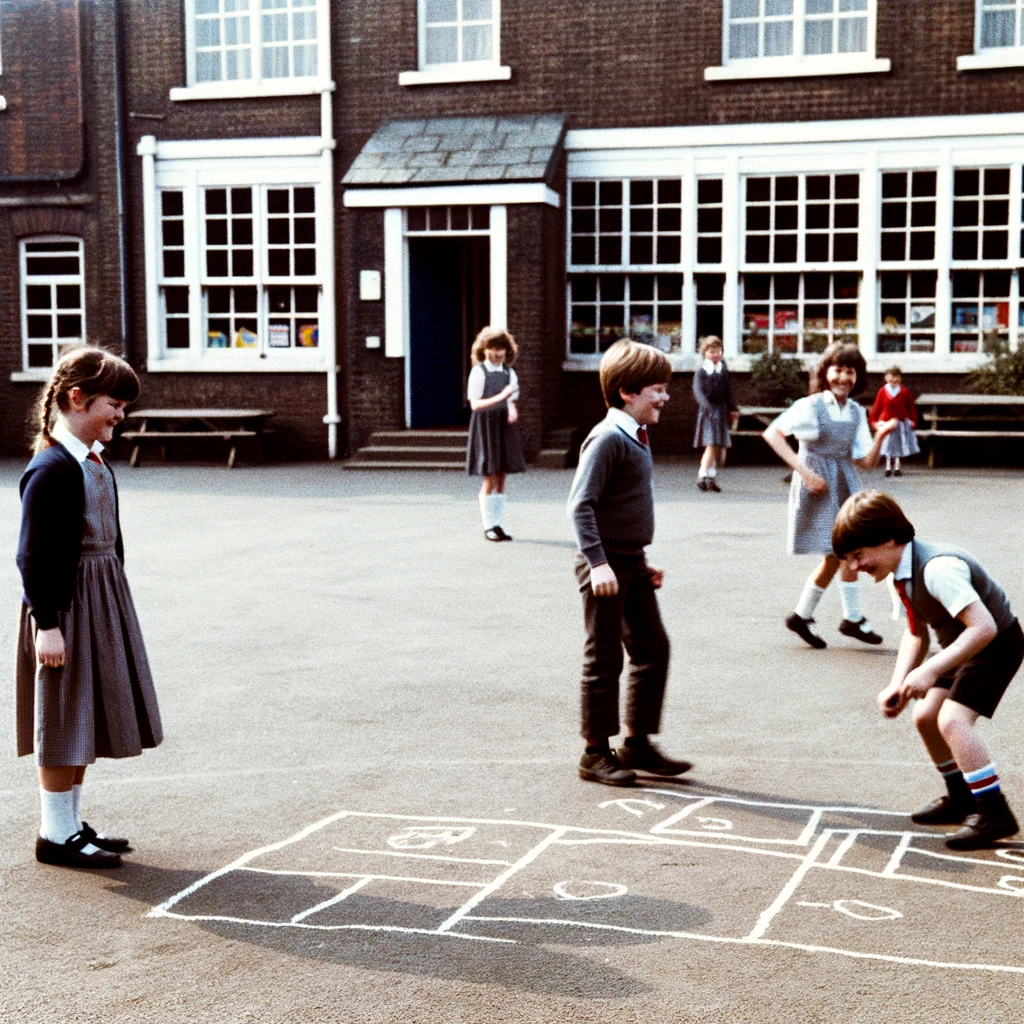Estimated reading time: 6 mins
Nostalgia, a word that echoes through the corridors of our memories, often brings a smile to our faces and a warmth to our hearts. It is more than mere reminiscence; it’s an emotional experience that connects us to our past, often with a mix of fondness and a tinge of melancholy. But what really is nostalgia, and why does it have such a powerful hold over us? This complex emotion, once considered a psychological ailment, has evolved in our collective understanding. It now stands recognized as a poignant part of the human experience, intertwining memories with emotions in a way that is both uniquely personal and universally understood. As we delve into the essence of nostalgia, we uncover not just a longing for the past, but a profound connection to our identity and experiences.

The Essence and Science of Nostalgia
Nostalgia, a sentimental longing for the past, is a complex emotion where fond memories are interwoven with a sense of loss for times gone by. Originally perceived as a psychological disorder, nostalgia has evolved in our understanding and is now recognized for its deep emotional and psychological significance.
Scientifically, nostalgia involves an intricate play between various parts of the brain, most notably the amygdala, which processes emotions, and the hippocampus, central to memory formation. When we experience nostalgia, these brain regions activate, not only bringing forth memories but also the feelings associated with them. This neural activity underscores the bittersweet nature of nostalgia, where happiness and sadness often coexist.
Nostalgia serves several psychological functions. It provides comfort in times of loneliness or distress, creating a sense of warmth and security by mentally transporting us to happier times. It also plays a crucial role in forming our identity, as reflecting on our past helps us understand who we are in the present. Moreover, nostalgia can promote social connectedness, as sharing nostalgic memories can strengthen bonds with others.
Importantly, nostalgia is not just about living in the past. It can also be motivational, inspiring a sense of hope and optimism for the future by reminding us of our resilience and the joyous moments we’ve experienced. This dual nature of nostalgia – a bridge between past, present, and future – makes it a unique and deeply human experience.
Take a look at my post Why Nostalgia is Good for Mental Wellbeing for more about this.
Nostalgia for the 1973-Born UK Citizen
As someone born in 1973 in the UK, nostalgia evokes a unique cultural tapestry of the 1970s and 80s – a period marked by distinctive shifts in music, television, and toy industries. Indulge me whilst I dive into some of the popular toys and TV shows from me first 14 years, a journey through the lanes of nostalgia.
The World of Toys


- Star Wars Action Figures (Late 1970s): Launched after the monumental success of Star Wars in 1977, these action figures became a sensation. Owning a Luke Skywalker or Darth Vader figure was akin to holding a piece of the galaxy far, far away in your hands.
- Rubik’s Cube (1980): This multi-colored puzzle became an icon of the era. It wasn’t just a toy; it was a challenge, a puzzle that defined a generation’s quest for problem-solving and innovation.
- Transformers (Mid-1980s): These weren’t just toys; they were robots in disguise. The Transformers emerged as more than a line of toys; they became a cultural phenomenon, encapsulating the innovative spirit of the era.
- Big Trak: This programmable electric vehicle was a revelation in the world of children’s toys. Launched in the late 1970s, Big Trak offered a futuristic experience, allowing kids to command a six-wheeled tank-like vehicle with a keypad, introducing many to the basic concepts of programming and robotics.
- Scalextric: A classic in the world of slot car racing, Scalextric sets were a fixture in many homes. The thrill of racing miniature cars on a custom track, complete with sharp turns and speedy straights, provided endless entertainment and ignited a passion for motor racing in many young hearts.
- Hornby Railway Set: For those who were fascinated by trains, the Hornby Railway Set was a dream come true. These detailed model train sets, complete with intricate track layouts and realistic scenery, were more than just toys; they were works of art that inspired awe and sparked imaginations.
- Atari VCS Console: As one of the pioneering consoles in the video game industry, the Atari brought the arcade experience into the living room. It wasn’t just a gaming system; it was a portal to other worlds, offering a variety of games that captivated and thrilled. From the simplicity of “Pong” to the challenge of “Space Invaders,” the Atari console was a significant part of many childhoods, marking the beginning of the home video game era.
The Golden Era of Television


- “Blue Peter” (1960s–Present): An iconic part of British childhood, ‘Blue Peter’ was more than a TV show; it was a window into a world of creativity, adventure, and learning.
- “Grange Hill” (1978-2008): This show was a staple for children growing up in the late 70s and 80s. Its portrayal of life in a comprehensive school resonated with many and brought a sense of realism to children’s television.
- “Doctor Who” (1963–1989, 2005–Present): The adventures of the Doctor, traveling through time and space, not only captured the imagination of a generation but also became a significant part of British pop culture.
- “Postman Pat” (1981-Present): A gentle, animated series set in the fictional village of Greendale, it was a world of simplicity and comfort, a stark contrast to the fast-paced changes of the era.
- “Danger Mouse” (1981-1992): This animated series, featuring the adventures of the titular secret agent, was a blend of humor, adventure, and quintessential British wit.
Personal Reflections on Nostalgia
For you, nostalgia might mean a return to these simpler times. It’s often not just about the toys or the shows but about what they represented – a sense of wonder, innocence, and a world that seemed less complicated. The toys were not just playthings; they were companions in your adventures, gateways to worlds of imagination and possibility. The TV shows were not just entertainment; they were part of your daily routine, characters becoming almost like distant friends or part of the family.


Nostalgia also reflects the societal and cultural shifts of the era. The 1970s and 80s were a time of significant change in the UK, marked by economic shifts, technological advancements, and evolving social norms. My nostalgic memories are not just personal but are intertwined with the larger tapestry of the times.
Nostalgia’s Role in the Present
In today’s fast-paced and often uncertain world, nostalgia serves as a comforting anchor. It’s a reminder of a time when life seemed simpler, more predictable. This doesn’t mean that the past was necessarily better, but it offered a different rhythm of life, one that many yearn for in the complexity of modern existence.
Nostalgia also provides a sense of continuity. As we grow older, the world around us changes rapidly. Nostalgic memories are a bridge to our past selves, maintaining a thread of identity and continuity amidst the constant flux of life.


Embracing Nostalgia
As you look back, embrace these nostalgic memories. They are more than just reflections; they are markers of your journey, shaping who you are today. In this fast-evolving world, these memories are a testament to the enduring human spirit, our capacity for joy, wonder, and resilience.
In the end, nostalgia is a powerful, bittersweet reminder of the passage of time and the perpetual march of progress. It’s a celebration of our past, an anchor in our present, and a bridge to our future. For me, born in 1973 in the UK, nostalgia is not just about what has been; it’s a cherished part of what makes me, me.
